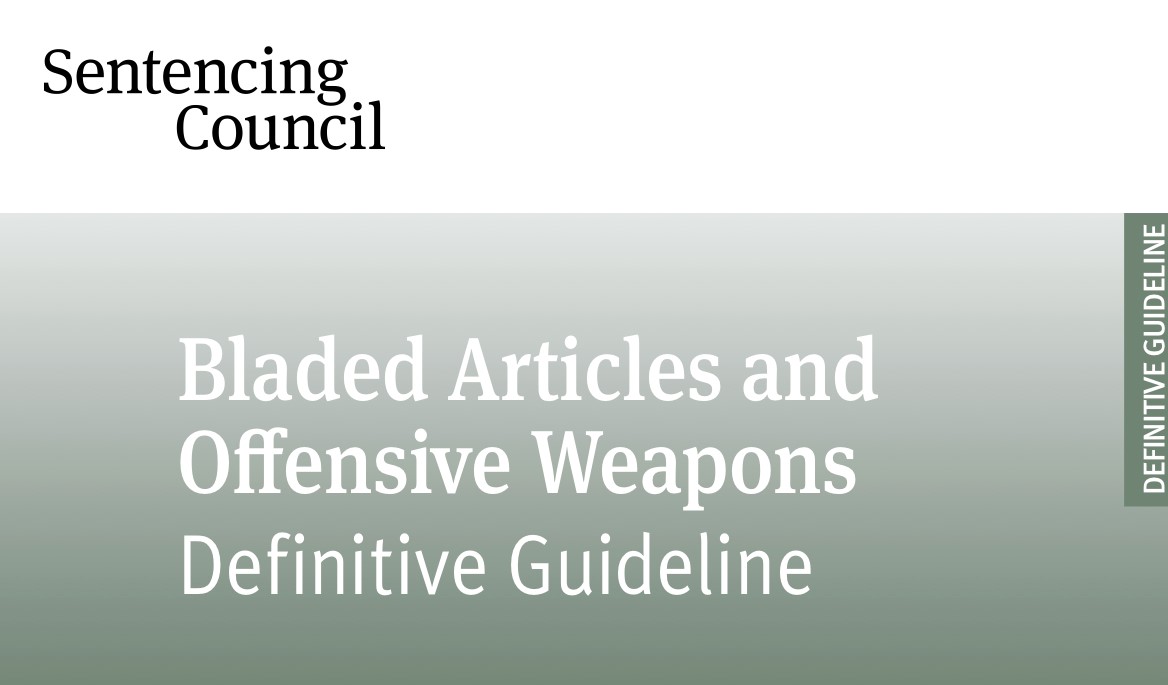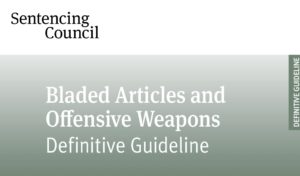Category Archives: News
Chesterfield Motoring Solicitor David Gittins was recently instructed in a case where his client was at real risk of a driving ban. This would have meant the loss of his job as a taxi driver and a substantial impact on his 4 children.
David’s client had been caught driving at 76 mph in an 30 mph speed limit close to Chesterfield Town Centre. David’s strong advocacy and diligent preparation enabled the client to keep his driving licence. Instead he left the court with a fine and penalty points.
This case, perhaps better than most, demonstrates the benefits of choosing a local Chesterfield motoring solicitor carefully. Surprisingly, David’s client had tried to instruct another local solicitor’s firm. They had declined to take the instruction as they didn’t believe he could save the Defendant’s driving license.
Benefits of a local Chesterfield motoring solicitor
David’s client told him that he had been caught speeding whilst driving out of Chesterfield town centre along Derby Road at excessive speeds. With local knowledge, David was immediately able to recognise the seriousness of the situation.
David’s client had been running late and had made a terrible error in trying to make up time by grossly exceeding the speed limit. His client did not dispute the speed. He indicated to David his desire to plead guilty at the very first opportunity in order to gain maximum credit and demonstrate his remorse. In retrospect he appreciated the potential danger he created with this piece of driving.
Our client required his driving licence to be able to work. David had to make his client aware that due to the level of speed the Court would consider imposing an immediate driving disqualification of up to 56 days.
As a Chesterfield motoring solicitor, David knew that the local Magistrates would also know the road in question. Because of this he knew that the only way in which he could keep his client’s license was to prepare detailed mitigation to present to the Court.
David had two lengthy conferences with his client in advance of the Court hearing. This was to take details of how a disqualification would impact upon him, his wife and their four children. For example, he provided transport to a separate school for each child, as well as to a variety of after school activities. Bluntly put, if the client lost his license it was almost impossible for the children to attend school on time due to their age and the travel involved.
David preparing a map to show the court the acute difficulties that his client’s children would face. He also secured references on behalf of his client. For example, his client was involved in the local community tackling drug addiction.
Penalty Points rather than a driving ban
As a result of this detailed preparation and strong advocacy, David was able to present his client’s mitigation in an extremely effective way. Because of this, the Magistrates’ were persuaded to take a lenient approach. David’s client received a fine and penalty points but no driving ban. This meant that he was able to keep his employment and was understandably delighted with the outcome.
Contact a Chesterfield Motoring Solicitor

If you require the advice and representation of an expert motoring solicitor then please contact David at our Chesterfield office on 01246 283000 or use the contact form below. Details of our Chesterfield office can be found here.
David can provide you with detailed and affordable advice as to whether you are able to challenge the prosecution evidence relating to your road traffic offence, or how you are likely to be sentenced following a guilty plea.

































